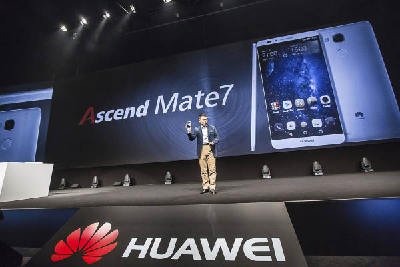China played hugely crucial role in WWII
By Hu Dekun
Being an important part of World War II, the Chinese People's War of Resistance Against Japanese Aggression (1937-1945) played an important role in reshaping the postwar global order.
The September 18th Incident in 1931, provoked by Japanese troops which later occupied Shenyang in Northeast China's Liaoning province marks the beginning of China's war against Japanese aggression. And the July 7th Incident in 1937, or the Marco Polo Bridge Incident, witnessed Japan's full-scale invasion of China and the start of China's all-out war against fascism.
The eight-year War of Resistance Against Japanese Aggression led not only to Japan's defeat in WWII but also to the eventual collapse of the country's fascist forces. By drawing a large number of Japanese soldiers, weapons and military equipment, the war of resistance thwarted Japan's strategy of quick decisions and political offensives. And led by the Communist Party of China, the guerrilla bases behind the frontlines disrupted the Japanese army's public order war.
The Chinese people's war of resistance prevented Japan from deploying its military personnel in greater numbers on other battlefronts during WWII and limited the movement of its troops. And because of that, the Soviet Union did not have to fight enemies both on its eastern and western fronts, and the Allied powers like the United Kingdom and the United States had more time to execute their strategies.
During the Pacific War, the war of resistance forced Japan to give up its westward advance strategy, which included marching toward India and the Indian Ocean and joining forces with Germany and Italy in the Middle East, because it could not overpower the US.
In other words, the Chinese people's war restricted the strategic expansion of Japan, greatly helped the Allied forces and hastened the downfall of the fascist regimes. Besides, it led to a positive change in the East Asia policy of the UK and the US, which until then had had a negative attitude toward East Asian affairs. The two countries' shared policy of appeasing Japan even after it invaded China is a case in point. The majority of people in both countries sympathized with, even admired, their Chinese counterparts, though.
After the then Chinese government and people from all walks of life started calling for Western aid, both the UK and the US began supporting China indirectly from 1938. Offering China its "lend-lease" aid in May 1941, the US basically abandoned its policy of appeasement toward Japan and instead sought allies in China and the UK.
To some extent, China's anti-Japanese war boosted the Anglo-American global strategy, too, including some major WWII battles and plan to "defeat Germany first". In fact, China's role was reflected in almost every crucial part of the Allied strategy.
China's wartime diplomacy too played a vital role in the anti-fascist war. By bringing together the Soviet Union, the UK and the US, China emerged victorious in the war of resistance against Japan after a long and arduous struggle.
By compelling Western powers to abolish the unequal treaties they had earlier imposed on it, China turned from a marginal to a key player on the world's political stage. China indeed helped establish and develop the anti-fascist alliance and made great contributions and sacrifices to prevent the fascist forces from getting the upper hand.
The author is a historian with Wuhan University. The article is an extract from the author's book, The Historical Position of China's Anti-Japanese War in the World Anti-Fascist War.

